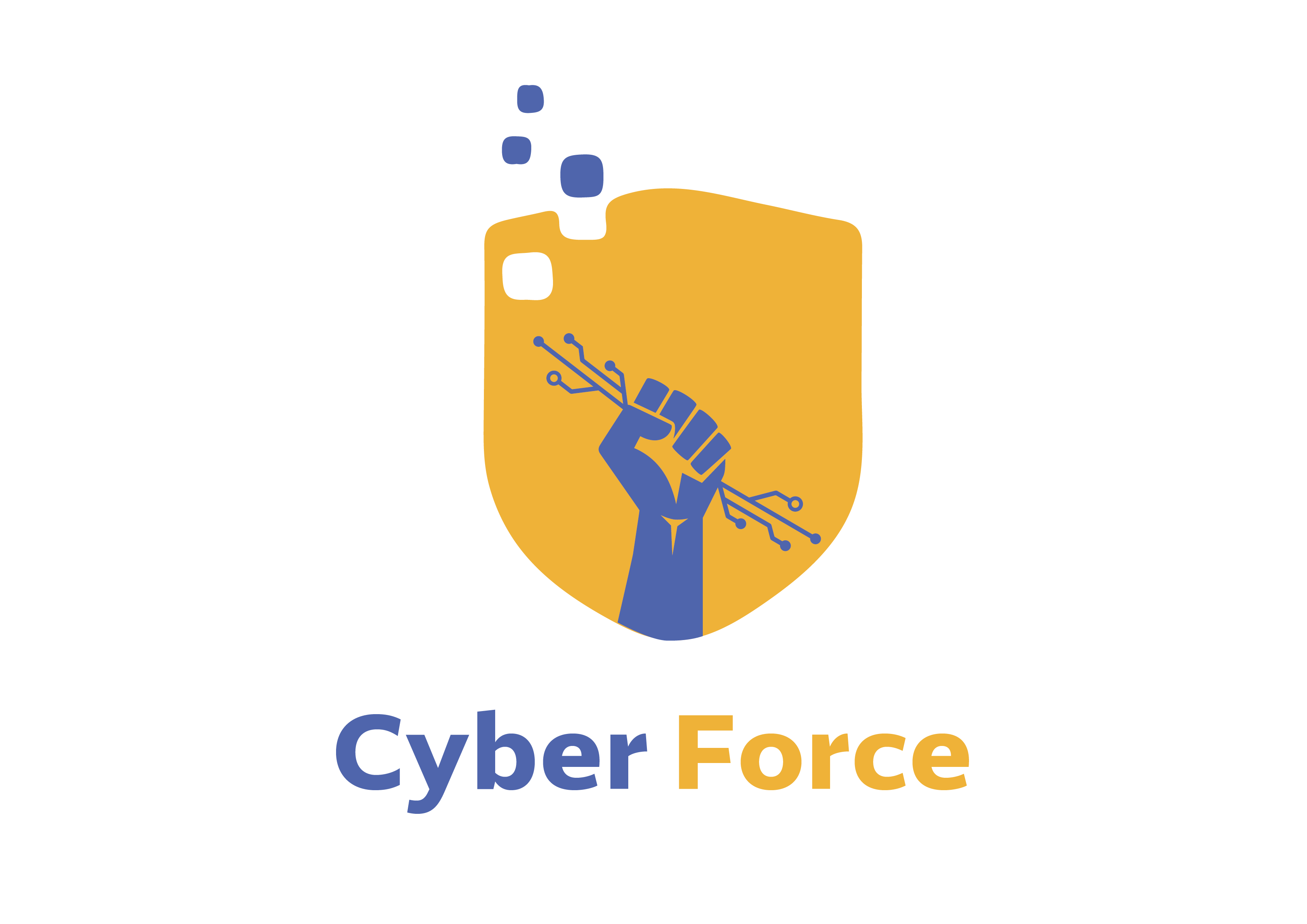
Cybersecurity Maturity Model Certified
The Cybersecurity Maturity Model Certification (CMMC) Certified Professional is a certification designed for individuals who want to specialize in helping organizations achieve compliance with the CMMC framework. CMMC is a cybersecurity standard developed by the U.S. Department of Defense (DoD) to ensure that defense contractors and subcontractors have adequate cybersecurity measures in place to protect sensitive government information.
What Will I Learn?
- 1. Understanding CMMC: Participants will gain a thorough understanding of the CMMC framework, including its purpose, structure, and the reasons for its implementation by the U.S. Department of Defense (DoD).
- 2. CMMC Levels and Practices: Detailed knowledge of the different CMMC maturity levels (Levels 1 through 5) and the practices and processes associated with each level. This includes understanding the security controls and requirements at each level.
- 3. Assessment Methodology: Learning how CMMC assessments are conducted, including the assessment process, documentation requirements, and assessment methodologies used to evaluate an organization's cybersecurity maturity.
- 4. CMMC Domains: Familiarity with the 17 different domains outlined in the CMMC framework, which cover various aspects of cybersecurity, from access control to incident response.
- 5. Cybersecurity Best Practices: Understanding cybersecurity best practices and how they relate to CMMC requirements. This includes topics such as network security, data protection, and threat detection.
- 6. NIST Standards: Knowledge of the National Institute of Standards and Technology (NIST) Special Publication 800-171, upon which CMMC is partially based, and how it intersects with CMMC requirements.
- 7. Security Policies and Procedures: Developing and implementing security policies and procedures that align with CMMC requirements and best practices.
- 8. Risk Management: Understanding the principles of risk management in the context of CMMC compliance and how to identify, assess, and mitigate cybersecurity risks.
- 9. Incident Response: Knowledge of how to develop and maintain an incident response plan in compliance with CMMC requirements to address and recover from cybersecurity incidents.
- 10. Security Training and Awareness: Learning how to establish and maintain a cybersecurity training and awareness program for employees, as required by CMMC.
- 11. Continuous Monitoring: Understanding the importance of continuous monitoring and assessment of an organization's cybersecurity practices to maintain CMMC compliance.
- 12. Security Auditing and Reporting: Skills in conducting security audits and generating the necessary reports to demonstrate compliance with CMMC requirements.
- 13. Legal and Regulatory Compliance: Knowledge of legal and regulatory obligations related to cybersecurity, particularly in the context of government contracting.
- 14. Ethical Considerations: Awareness of ethical considerations and professional standards in the field of cybersecurity and compliance.

